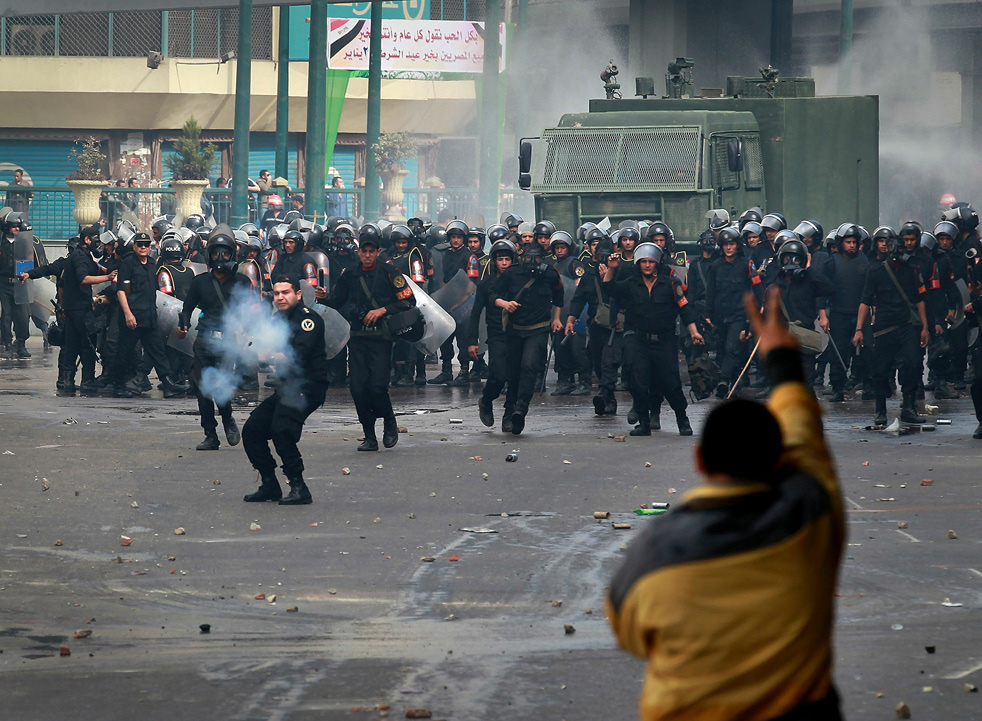PARIS: The bailout of the financial system was a bizarre moment in economic history, for it benefited those who benefited most from the markets’ irrational exuberance – the bosses of financial firms. Before the crisis hit, however, redistribution of wealth (and the tax and social security payments that make it possible) was considered the biggest obstacle to economic efficiency. Indeed, the values of solidarity had given way to those of individual “merit, judged by the size of one’s paycheck.
The paradox is that a part of this evolution may be attributable to two positive factors: the slow work of democracy, which liberates individuals but at the same time leaves them more isolated; and the development of a welfare system that shares risks and makes individuals more autonomous. With this isolation and autonomy, people increasingly tend to believe, for better or for worse, that they alone are responsible for their own fate.
Here lies the conundrum. An individual is free and autonomous only because of the collective decisions taken after democratic debate, notably those decisions that guarantee each person access to public goods such as education, health care, etc. Some sense of social solidarity may remain, but it is so abstract that those for whom the wheel of fortune has spun so favorably feel little debt. They believe that they owe their status purely to merit, not to the collective efforts – state-funded schools, universities, etc. – that enabled them to realize their potential.
When merit is measured by money, there is no ethical limit to the size of an individual’s paycheck. If I earn ten, a hundred, or a thousand times more than you, it is because I deserve ten, a hundred, or a thousand times more than you.
Merit and skills are how we give an intrinsic value to money. Human nature – ego and/or arrogance – does the rest. It is no surprise, then, that many people think of themselves as priceless. The central place where this self-(over)evaluation meets the fewest obstacles is the financial market. Money there is an abstraction – “the abstraction of abstractions, as Hegel put it – which helps explain why salaries are no longer rooted in reality.
Of course, when the crisis hit, financial institutions were the first to argue that autonomy was unrealistic, and that we are all interdependent. After all, why else should taxpayers agree to rescue them?
But now these same institutions are deciding that they want to go their own way again. So yesterday’s (pre-crisis) world is being resurrected. Dismissing the risks that taxpayers incurred, financial institutions used the bailout to restore profitability and are now reverting to their old habits, which had worked so well for them and so badly for others.
No one should be surprised about this. The economic stakes encourage everyone to make the best of their circumstances. The bailout of banks led to a wave of mergers. If they were already too big to fail, what should we now say when banks are even bigger? Their market power has increased, yet they know they incur no risk, owing to the aggravated systemic impact of their potential bankruptcy.
Moreover, they face an economy starved of credit, in which the crisis endangered many companies whose bankruptcy would have no systemic effect. Working in so uncompetitive a market is a real stroke of luck. I do not know many businessmen who would not take advantage of this; to be honest, I do not know any.
The free-market doctrine, which has become almost a religion, reinforced this belief: markets are efficient, and if they pay me so much (a potentially mind-boggling amount, as seen in recent cases), it is because my own efficiency warrants it. I also participate indirectly and abstractly in forging the common good, by creating value through my work, and I am rewarded for it.
But suddenly the system collapses, the creation of value turns into destruction and parallel universes collide. No mathematician can remember so unprecedented and spectacular a result: parallel lines intersecting, with autonomy becoming (for the brief moment of the bailout at least) interdependence. For the connections between the economy and the world of finance are so strong and the interdependency between the so-called parallel universes so tight that there was no choice.
Eyes are opened; the illusion of arbitrage between efficiency and solidarity fades. The crisis reminds us what each person owes to others, highlighting an ethical truth that we were quick to forget: the rich benefit more than the poor from their cooperation with other members of society.
Two conclusions can be drawn from all this. The first is that we all owe at least some of our success to others, given the public goods that society provides. This calls for more modesty and restraint in determining the highest salaries, not for moral reasons but for the sustainability of the system.
The second conclusion is that the most privileged classes, which have benefited the most from the solidarity of others, notably the poor, can no longer deny the latter’s contributions. But don’t hold your breath waiting for them to agree.
Jean-Paul Fitoussi is Professor of economics and Head of the Observatoire français des conjonctures économiques (OFCE) in Paris. This commentary is published by Daily News Egypt in collaboration with Project Syndicate, (www.project-syndicate.org).

